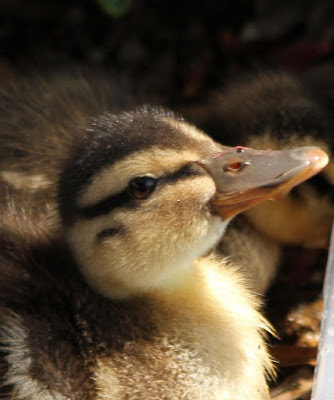“You are what your deepest desire is. As your desire is, so is your intention. As your intention is, so is your will. As your will is, so is your deed. As your deed is, so is your destiny.” - from the Upanishads, Vedic text.
Why set intentions?
Why set intentions?
Intentions provide the ability to stay focused on core values. Never confused with a goal, an intention flows with life's goals and how one engages with other individuals. Intentions align with an aim, purpose or attitude. They are heart driven and evoke feeling and purpose. Setting them brings heart and mind into alignment.
Everything in life begins with intention.
Intentions provide the creativity that assists all needs.
The sense of well-being and reduction of emotional chaos will improve with intentions.
Wayne Dyer said, "Our intention creates our reality." Many have heard, "What you think, you become."
During a yoga class or meditation, a focus on a specific intention brings the mind, thoughts, and heart into reality.
Setting an intention may involve a clear wish, a word, or phrase that's positive. Stay Open. Embrace: Strength. Softness. Compassion. Peace. Freedom. Connect with others.
Consider these intention initiators:
What matters the most to you?
What would you like to create, or nurture in your life?
What would you like to let go of?
How do you feel when you are your happiest self?
What fears would you like to release?
For what are you grateful?
Begin each day with clarity.
When you awaken, use the first minutes lying in bed to think about intentions.
Once you have set your intention, revisit it during the day.
Bring it into your mind's center when frustrated or fearful. It will assist to connect with what matters the most to you.
Bring it into your mind's center when frustrated or fearful. It will assist to connect with what matters the most to you.
"Intentions compressed into words enfold magical power." - Deepak Chopra




















































